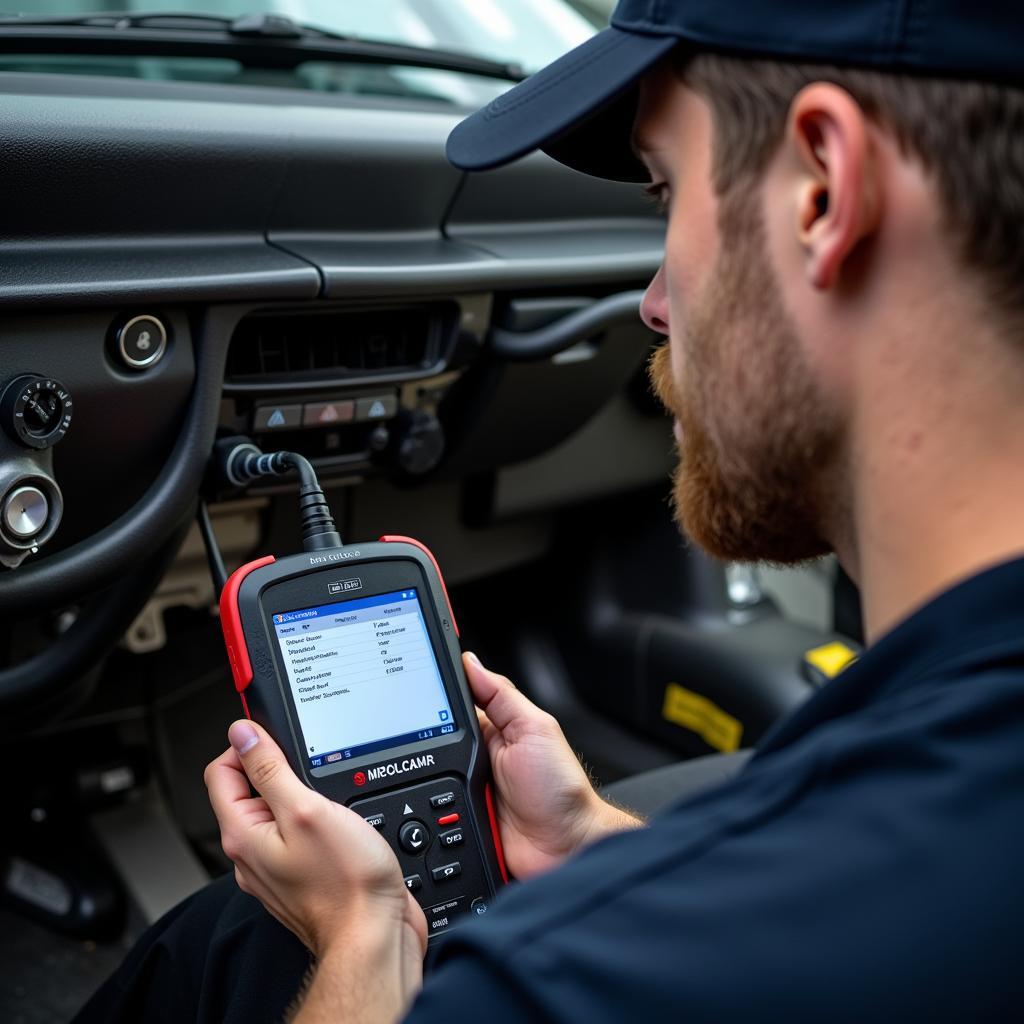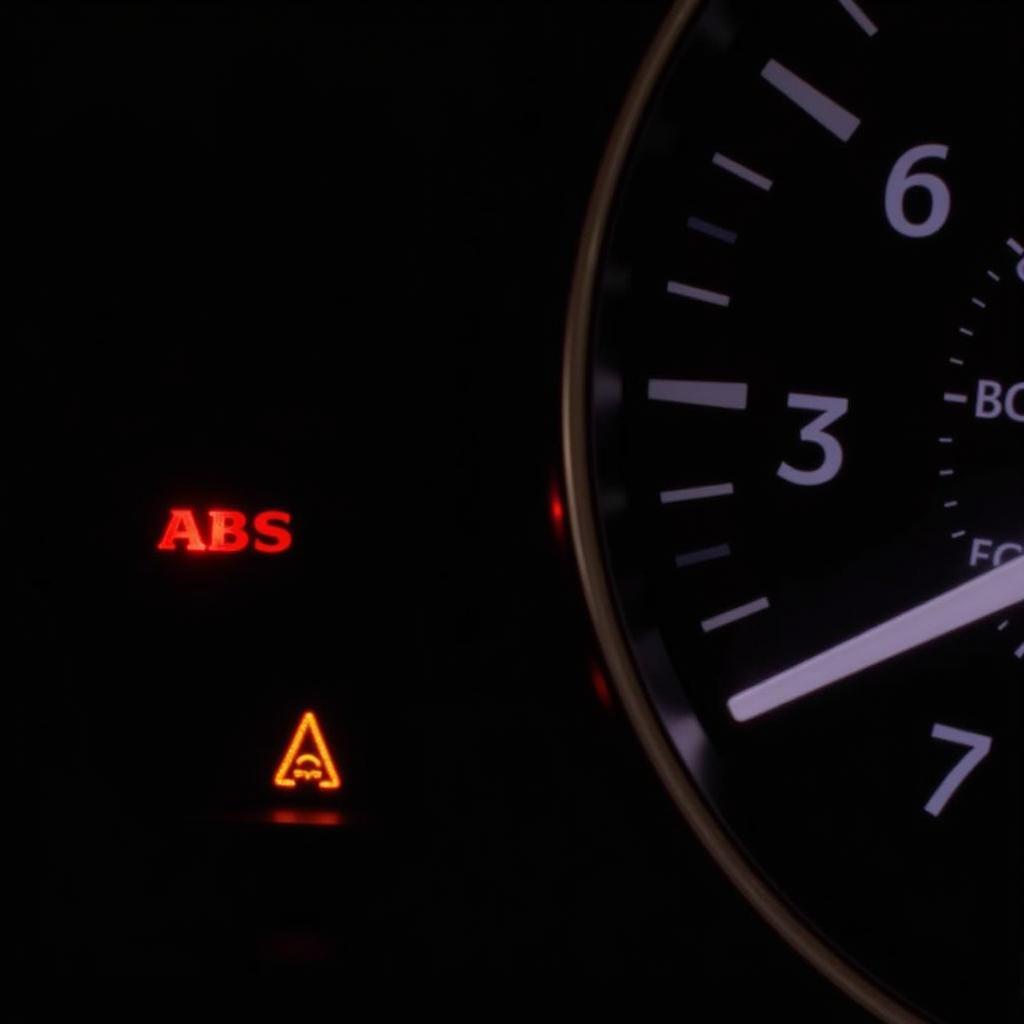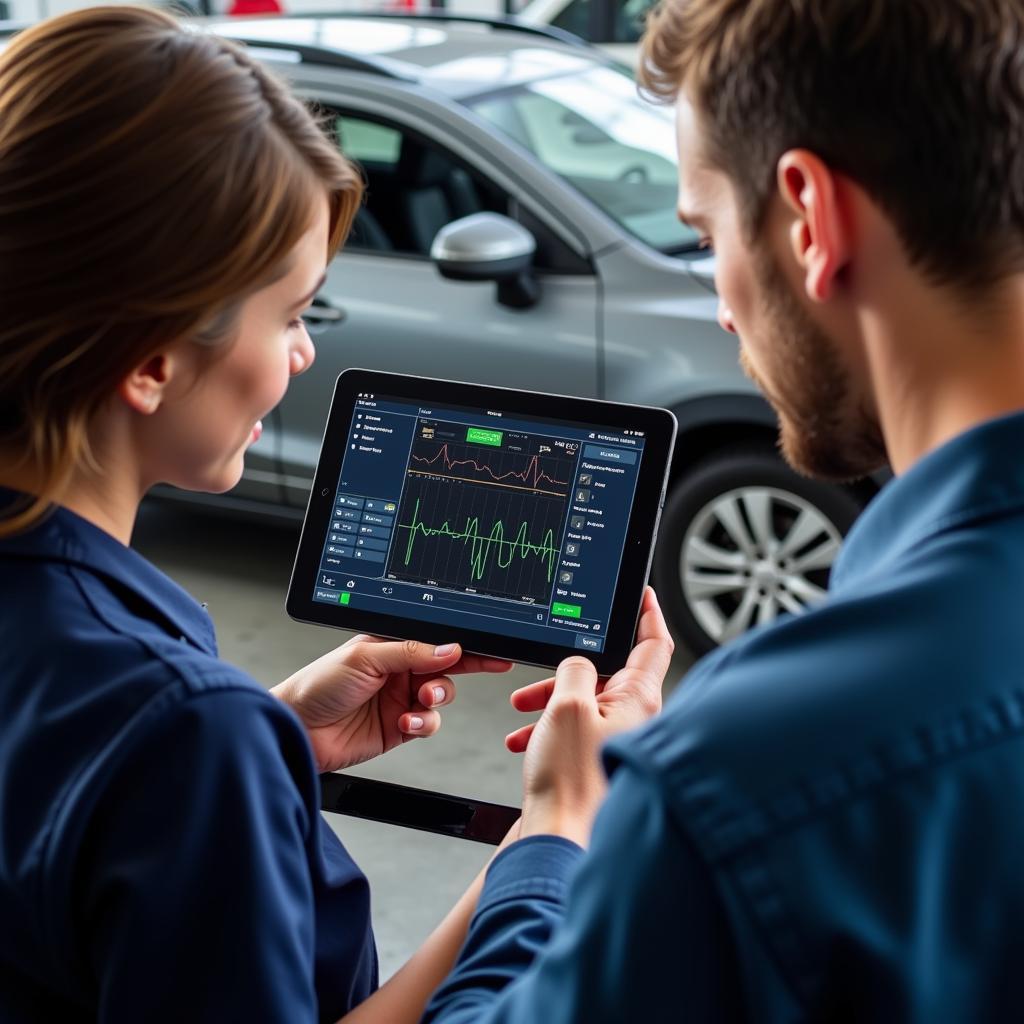In the world of modern vehicles, packed with intricate electronics and computer systems, a diagnostics test has become an indispensable tool for car maintenance and repair. But what exactly is a diagnostics test on a car, and why is it so important?
This comprehensive guide will delve into the intricacies of car diagnostics tests, exploring their purpose, benefits, and what you can expect during the process. Whether you’re experiencing car troubles or simply curious about this vital automotive procedure, read on to demystify the world of car diagnostics.
Understanding the Importance of Car Diagnostics Tests
A car diagnostics test, also known as a car diagnostic scan, is essentially a health checkup for your vehicle. It utilizes a specialized tool, called a diagnostics scanner or code reader, to communicate with your car’s computer system, known as the Engine Control Unit (ECU).
This sophisticated system continuously monitors various sensors throughout your vehicle, collecting data on engine performance, emissions, transmission function, and more. When the ECU detects a potential issue, it generates a Diagnostic Trouble Code (DTC), a unique code that pinpoints the source of the problem.
 Mechanic performing a car diagnostics test
Mechanic performing a car diagnostics test
What Does a Car Diagnostics Test Tell You?
A car diagnostics test can reveal a wealth of information about your car’s health and performance, including:
- Engine Performance: Issues related to fuel mixture, ignition timing, air intake, and other engine components.
- Emissions System: Problems with the catalytic converter, oxygen sensors, or evaporative emissions control system.
- Transmission: Faults in the transmission control module, solenoids, or fluid pressure.
- Braking System: Issues with the Anti-lock Braking System (ABS) module, wheel speed sensors, or brake fluid level.
- Airbag System: Faults in the airbag control unit, crash sensors, or seatbelt pretensioners.
- Other Electronic Systems: Problems with power windows, door locks, lighting, and other electronic accessories.
By retrieving and interpreting these DTCs, mechanics can gain valuable insights into the underlying causes of car problems, enabling them to diagnose and repair issues accurately and efficiently.
When Do You Need a Car Diagnostics Test?
While regular car maintenance is crucial for preventing major issues, certain symptoms often indicate the need for a diagnostics test. If you experience any of the following, it’s a good idea to have your car checked:
- Check Engine Light Illumination: This is the most common indicator that your car’s ECU has detected a potential problem.
- Unusual Noises: Grinding, squealing, knocking, or other unusual sounds emanating from your engine or other components.
- Performance Issues: Decreased fuel efficiency, reduced power, rough idling, or difficulty starting.
- Transmission Problems: Slipping gears, harsh shifting, or delayed engagement.
- Electronic Malfunctions: Issues with warning lights, gauges, or other electronic systems.
 Dashboard warning lights illuminated
Dashboard warning lights illuminated
The Benefits of Car Diagnostics Tests
Car diagnostics tests offer numerous benefits for car owners, including:
- Accurate Diagnosis: By pinpointing the root cause of car problems, diagnostics tests eliminate guesswork and ensure accurate repairs.
- Time and Cost Savings: Identifying issues early on can prevent minor problems from escalating into major, costly repairs.
- Improved Car Performance: Addressing underlying issues can enhance your car’s performance, fuel efficiency, and overall drivability.
- Increased Safety: By detecting problems with critical safety systems like brakes and airbags, diagnostics tests contribute to safer driving.
- Peace of Mind: Knowing the state of your car’s health provides peace of mind and allows you to address potential problems proactively.
What Happens During a Car Diagnostics Test?
The process of performing a car diagnostics test is relatively straightforward:
- Connecting the Scanner: A mechanic will connect a diagnostics scanner to your car’s OBD-II port, typically located under the dashboard on the driver’s side.
- Retrieving DTCs: The scanner will communicate with your car’s ECU, retrieving any stored DTCs.
- Interpreting Codes: The mechanic will then interpret the codes, using their knowledge and experience to understand the nature and severity of the problem.
- Further Inspection: Depending on the codes retrieved, the mechanic may conduct further inspections, such as visual checks, component testing, or road tests.
- Repair Recommendations: Based on the diagnosis, the mechanic will provide you with a detailed explanation of the issue and recommend necessary repairs.
 Mechanic discussing diagnostics test results with a car owner
Mechanic discussing diagnostics test results with a car owner
Conclusion
In today’s technologically advanced automotive landscape, a diagnostics test is an essential aspect of car maintenance and repair. By providing valuable insights into your car’s electronic systems, it enables accurate diagnosis, efficient repairs, and enhanced vehicle performance. Understanding the importance and benefits of car diagnostics tests empowers car owners to make informed decisions about their vehicle’s maintenance and ensure a smooth and safe driving experience.
FAQs About Car Diagnostics Tests
Q: How much does a diagnostics test on a car cost?
A: The cost of a car diagnostics test can vary depending on several factors, including your location, the mechanic’s hourly rate, and whether additional diagnostic procedures are required. You can learn more about the cost of a diagnostics test in our detailed guide: how much is a diagnostics test on a car.
Q: Can I perform a car diagnostics test myself?
A: Yes, you can purchase your own OBD-II scanner and perform a basic diagnostics test at home. However, keep in mind that interpreting the codes and diagnosing the problem accurately often requires specialized knowledge and experience.
Q: How often should I get a car diagnostics test?
A: While there’s no set schedule, it’s generally recommended to have a car diagnostics test performed annually, along with your regular maintenance checks. If you experience any unusual symptoms or warning lights, it’s best to have your car checked immediately.
Do you have any other questions about car diagnostics tests? Contact us today for expert advice and assistance.
We’re here to help you keep your car running smoothly. Reach out to our team of car diagnostics experts via WhatsApp at +1(641)206-8880 or email us at [email protected] for 24/7 support.

Leave a Reply